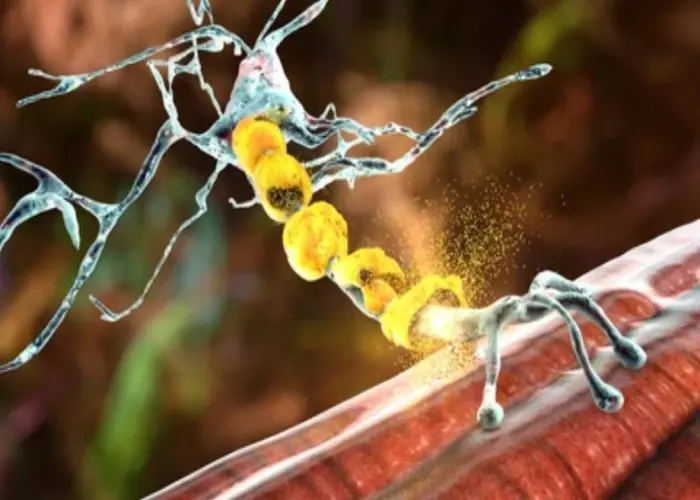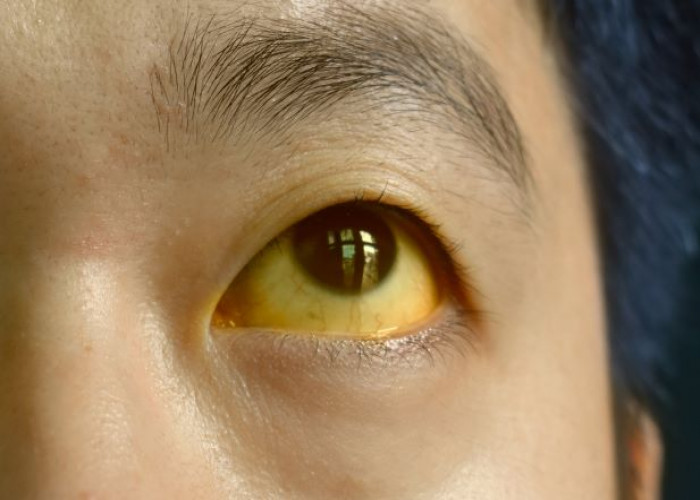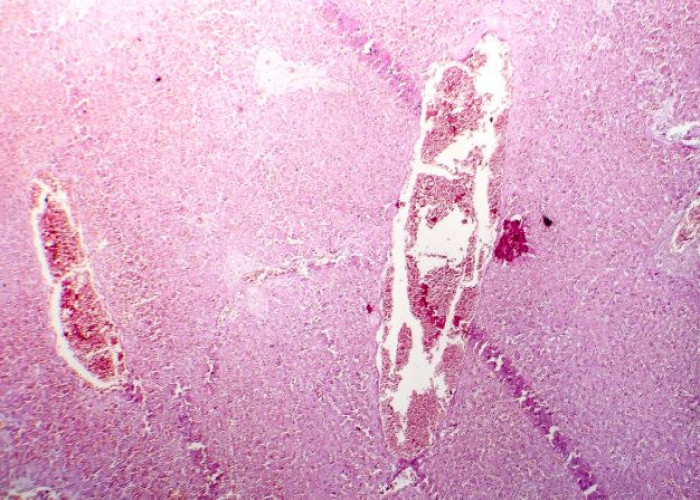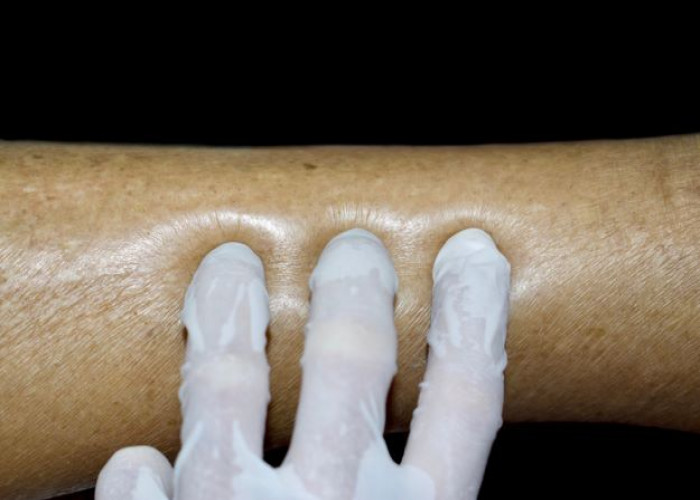 Welcome
Welcome
“May all be happy, may all be healed, may all be at peace and may no one ever suffer."
Acute liver failure

Acute liver failure is a medical emergency characterized by the rapid onset of liver dysfunction, leading to a loss of normal liver function. It can occur as a result of a variety of underlying conditions, including viral hepatitis, medication toxicity, and certain medical conditions.
Symptoms of acute liver failure may include:
- Nausea and vomiting
- Abdominal pain
- Confusion or disorientation
- Sleepiness or fatigue
- Yellowing of the skin and eyes (jaundice)
- Bruising or bleeding easily
- Loss of appetite
Diagnosis of acute liver failure is typically made through a physical examination, blood tests, and imaging studies such as an ultrasound or CT scan.
Treatment for acute liver failure depends on the underlying cause, but may include:
- Supportive care, such as IV fluids and electrolytes
- Medications to treat the underlying cause
- Liver transplant, in severe cases
It's important to seek medical attention immediately if you have symptoms of acute liver failure, as prompt treatment can help prevent serious complications and improve overall health outcomes. In some cases, acute liver failure can be reversed with prompt and appropriate treatment, but in other cases it can lead to liver failure and death.
Research Papers
Disease Signs and Symptoms
- Nausea or vomiting
- Tremors or muscle jerking
- Breath sweet odor
- Excessive sleepiness
- Confusion (Hallucinations)
- Enlarged liver and spleen
- Upper right or center abdomen pain
- Swollen abdomen (Ascites)
- Yellow skin
- Liver failure
Disease Causes
Acute liver failure
Acute liver failure occurs when liver cells are damaged significantly and are no longer able to function. Potential causes include:
- Acetaminophen overdose. Taking too much acetaminophen (Tylenol, others) is the most common cause of acute liver failure in the United States. Outside of the United States, acetaminophen is known as paracetamol. Acute liver failure can occur after one very large dose of acetaminophen, or after higher than recommended doses every day for several days.
- If you or someone you know has taken an overdose of acetaminophen, seek medical attention as quickly as possible. Treatment may prevent liver failure. Don't wait for the signs of liver failure.
- Prescription medications. Some prescription medications, including antibiotics, nonsteroidal anti-inflammatory drugs and anticonvulsants, can cause acute liver failure.
- Herbal supplements. Herbal drugs and supplements, including kava, ephedra, skullcap and pennyroyal, have been linked to acute liver failure.
- Hepatitis and other viruses. Hepatitis A, hepatitis B and hepatitis E can cause acute liver failure. Other viruses that can cause acute liver failure include Epstein-Barr virus, cytomegalovirus and herpes simplex virus.
- Toxins. Toxins that can cause acute liver failure include the poisonous wild mushroom Amanita phalloides, which is sometimes mistaken for one that is safe to eat. Carbon tetrachloride is another toxin that can cause acute liver failure. It is an industrial chemical found in refrigerants and solvents for waxes, varnishes and other materials.
- Autoimmune disease. Liver failure can be caused by autoimmune hepatitis — a disease in which your immune system attacks liver cells, causing inflammation and injury.
- Diseases of the veins in the liver. Vascular diseases, such as Budd-Chiari syndrome, can cause blockages in the veins of the liver and lead to acute liver failure.
- Metabolic disease. Rare metabolic diseases, such as Wilson's disease and acute fatty liver of pregnancy, infrequently cause acute liver failure.
- Cancer. Cancer that either begins in or spreads to your liver can cause your liver to fail.
- Shock. Overwhelming infection (sepsis) and shock can severely impair blood flow to the liver, causing liver failure.
- Heat stroke. Extreme physical activity in a hot environment can trigger acute liver failure.
Disease Prevents
Acute liver failure
Reduce your risk of acute liver failure by taking care of your liver.
- Follow instructions on medications. If you take acetaminophen or other medications, check the package insert for the recommended dosage, and don't take more than that. If you already have liver disease, ask your doctor if it is safe to take any amount of acetaminophen.
- Tell your doctor about all your medicines. Even over-the-counter and herbal medicines can interfere with prescription drugs you're taking.
- Drink alcohol in moderation, if at all. If you choose to drink alcohol, do so in moderation. For healthy adults, that means up to one drink a day for women and up to two drinks a day for men.
- Avoid risky behavior. Get help if you use illicit intravenous drugs. Don't share needles. Use condoms during sex. If you get tattoos or body piercings, make sure the shop you choose is clean and safe. Don't smoke.
- Get vaccinated. If you have chronic liver disease, a history of any type of hepatitis infection or an increased risk of hepatitis, talk to your doctor about getting the hepatitis B vaccine. A vaccine also is available for hepatitis A.
- Avoid contact with other people's blood and body fluids. Accidental needle sticks or improper cleanup of blood or body fluids can spread hepatitis viruses. Sharing razor blades or toothbrushes also can spread infection.
- Don't eat wild mushrooms. It can be difficult to tell the difference between a poisonous mushroom and one that is safe to eat.
- Take care with aerosol sprays. When you use an aerosol cleaner, make sure the room is ventilated, or wear a mask. Take similar protective measures when spraying insecticides, fungicides, paint and other toxic chemicals. Follow product instructions carefully.
- Watch what gets on your skin. When using insecticides and other toxic chemicals, cover your skin with gloves, long sleeves, a hat and a mask.
- Maintain a healthy weight. Obesity can cause a condition called nonalcoholic fatty liver disease, which may include fatty liver, hepatitis and cirrhosis.
Disease Treatments
People with acute liver failure are often treated in the intensive care unit of a hospital in a facility that can perform a liver transplant, if necessary. Your doctor may try to treat the liver damage itself, but in many cases, treatment involves controlling complications and giving your liver time to heal.
Acute liver failure treatments may include:
- Medications to reverse poisoning. Acute liver failure caused by acetaminophen overdose is treated with a medication called acetylcysteine. This medication may also help treat other causes of acute liver failure. Mushroom and other poisonings also may be treated with drugs that can reverse the effects of the toxin and may reduce liver damage.
- Your doctor will also work to control signs and symptoms you're experiencing and try to prevent complications caused by acute liver failure. Your care may include:
- Relieving pressure caused by excess fluid in the brain. Cerebral edema caused by acute liver failure can increase pressure on your brain. Medications can help reduce the fluid buildup in your brain.
- Liver transplant. When acute liver failure can't be reversed, the only treatment may be a liver transplant. During a liver transplant, a surgeon removes your damaged liver and replaces it with a healthy liver from a donor.
- Screening for infections. Your medical team will take samples of your blood and urine every now and then to be tested for infection. If your doctor suspects that you have an infection, you'll receive medications to treat the infection.
- Preventing severe bleeding. Your doctor can give you medications to reduce the risk of bleeding. If you lose a lot of blood, your doctor may perform tests to find the source of the blood loss. You may require blood transfusions.
- Providing nutritional support. If you're unable to eat, you may need supplements to treat nutritional deficiencies.
Future treatments
Scientists continue to research new treatments for acute liver failure, especially those that could reduce or delay the need for a liver transplant. While several potential future treatments are in the pipeline, it's important to remember they are experimental and may not yet be available.
Among those being studied are:
- Artificial hepatic assist devices. A machine would do the job of the liver, much like dialysis helps when the kidneys stop working. There are many different types of devices being studied. Research suggests that some, but not all, devices may improve survival. A well-controlled multicenter trial showed that one system, called an extracorporeal liver support system, helped some people with acute liver failure survive without a transplant. The treatment is also called high-volume plasma exchange. However, more study is needed for this therapy.
- Hepatocyte transplantation. Transplanting only the cells of the liver — not the entire organ — may temporarily delay the need for a liver transplant. In some cases, it could lead to a complete recovery. A shortage of good-quality donor livers has limited the use of this treatment.
- Auxiliary liver transplantation. This procedure involves removing a small piece of your liver and replacing it with a similarly sized graft. This allows your own liver to regenerate without the need for immunosuppressant drugs. At this time, auxiliary liver transplantation is a difficult procedure that needs more time to be evaluated.
- Xenotransplantation. This type of transplant replaces the human liver with one from an animal or other nonhuman source. Doctors performed experimental liver transplants using pig livers several decades ago, but results were disappointing. However, advancements in immune and transplant medicine have prompted researchers to consider this treatment again. It may help provide support for those waiting for a human liver transplant.
Disease Diagnoses
Disease Allopathic Generics
Disease Ayurvedic Generics
Disease Homeopathic Generics
Disease yoga
Acute liver failure and Learn More about Diseases

Polymyositis

Charcot-Marie-Tooth disease

Metabolic syndrome

Scabies

Pyloric stenosis

Mosquito bites

Somatic symptom disorder

REM sleep behavior disorder
Acute liver failure, Fulminant hepatic failure, Fulminant liver failure, তীব্র যকৃতের সমস্যা
To be happy, beautiful, healthy, wealthy, hale and long-lived stay with DM3S.


